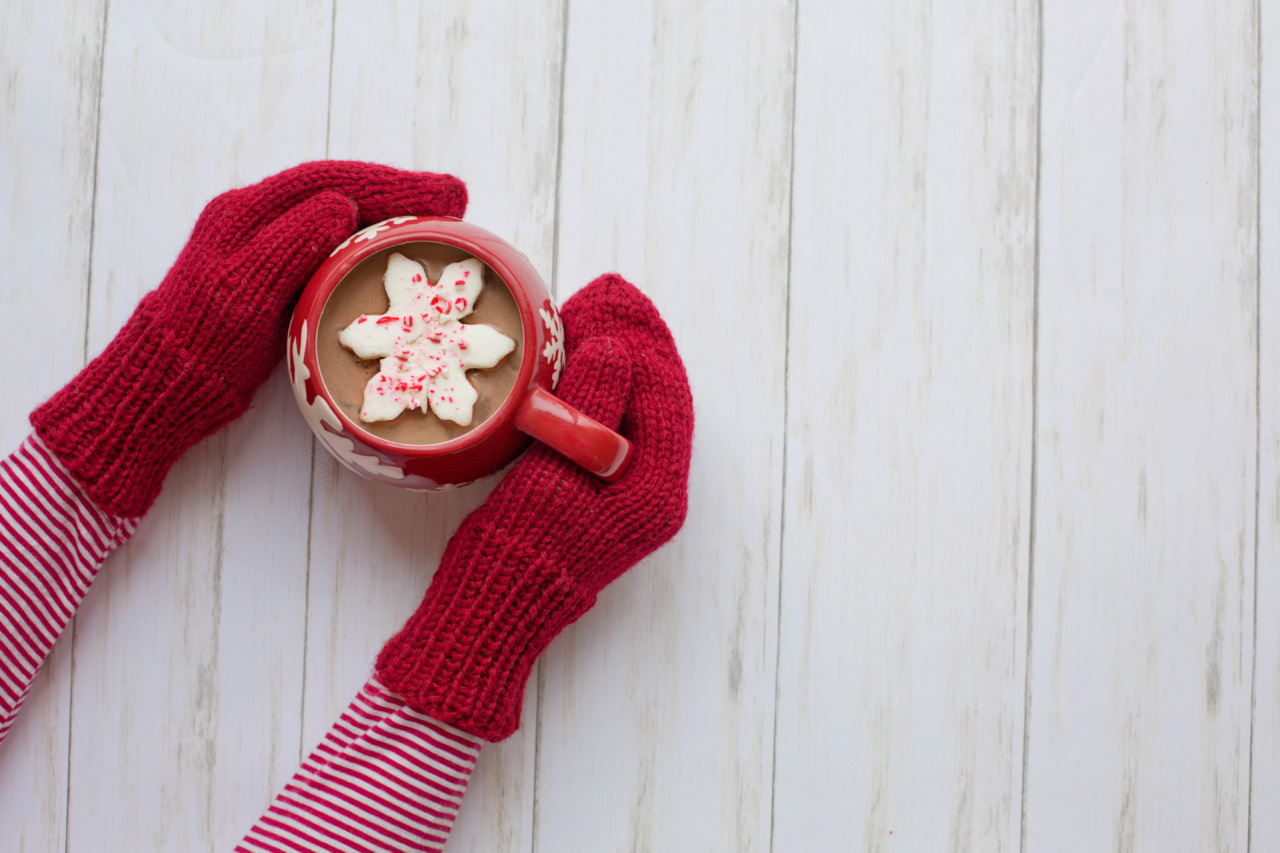Hot flashes and cold sweats are common symptoms experienced by many individuals, particularly women during menopause.
These sudden bursts of intense heat, accompanied by profuse sweating or sudden chills, can significantly disrupt daily life and cause discomfort. While there are various treatments available to help manage these symptoms, incorporating certain vitamins into your diet can offer natural relief and promote overall well-being.
In this article, we will explore the essential vitamins that can alleviate hot flashes and cold sweats.
1. Vitamin E
Vitamin E is known for its powerful antioxidant properties and can be extremely beneficial in reducing the frequency and severity of hot flashes. This vitamin helps stabilize estrogen levels in the body and aids in regulating body temperature.
Including foods rich in vitamin E, such as almonds, sunflower seeds, spinach, and broccoli, in your diet can provide the necessary relief.
2. Vitamin B Complex
The B vitamins play a crucial role in maintaining overall health and well-being. Vitamin B6, in particular, has been proven to alleviate hot flashes and improve mood swings.
Foods like whole grains, fish, poultry, and bananas are excellent sources of vitamin B6. Additionally, including other B vitamins like B12 and folate can enhance the effectiveness of B6 in managing these symptoms.
3. Vitamin C
Vitamin C is renowned for its immune-boosting properties, but it can also aid in reducing hot flashes. It helps regulate body temperature, reduces stress, and supports adrenal gland function.
Citrus fruits, strawberries, kiwi, bell peppers, and leafy greens are all rich in vitamin C and can be easily incorporated into your daily diet.
4. Vitamin D
Vitamin D plays a vital role in many bodily functions and is essential for maintaining hormonal balance. Studies have shown that vitamin D deficiency may contribute to increased hot flashes and other menopausal symptoms.
To increase vitamin D levels, spending time outdoors in sunlight, consuming fatty fish like salmon, mushrooms, and fortified dairy products can be beneficial.
5. Vitamin K
Vitamin K is well-known for its role in blood clotting, but it also aids in maintaining bone health. During menopause, when the risk of osteoporosis increases, including vitamin K-rich foods can be beneficial.
Leafy greens, Brussels sprouts, broccoli, and fermented soy products like natto are great sources of vitamin K.
6. Vitamin A
Vitamin A is essential for overall eye health and the proper functioning of the immune system. Additionally, it helps regulate the production of estrogen, which can help alleviate hot flashes.
Including foods like carrots, sweet potatoes, spinach, and bell peppers in your diet can provide an adequate amount of this crucial vitamin.
7. Vitamin E and Selenium
Vitamin E, when combined with selenium, has been shown to significantly reduce the frequency and severity of hot flashes.
Brazil nuts are an excellent source of selenium and can be included as a part of your daily diet to enhance the benefits of vitamin E.
8. Omega-3 Fatty Acids
Omega-3 fatty acids provide numerous health benefits, including reducing inflammation and alleviating hot flashes.
Foods like fatty fish (salmon, mackerel), flaxseeds, chia seeds, and walnuts are rich sources of Omega-3 fatty acids and should be included in your diet.
9. Magnesium
Magnesium plays a vital role in muscle and nerve function, and studies have shown that it may help reduce the frequency and intensity of hot flashes. It also contributes to better sleep patterns, reducing night sweats.
Incorporating magnesium-rich foods like dark chocolate, almonds, tofu, avocados, and whole grains into your diet can provide relief.
10. Zinc
Zinc is essential for maintaining hormonal balance and supporting the immune system. It plays a crucial role in the production and regulation of hormones.
Oysters, pumpkin seeds, beef, and spinach are excellent sources of zinc and should be included in your diet to help alleviate hot flashes and cold sweats.
While incorporating these essential vitamins into your diet can provide natural relief for hot flashes and cold sweats, it is essential to consult with a healthcare professional or a registered dietitian before making any significant changes to your diet or taking supplements. They can offer personalized advice based on your specific needs and ensure optimal results.




























